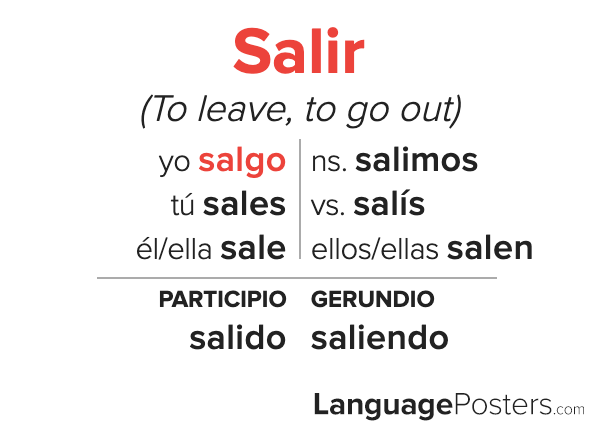
We’ll get more into the details of conjugations in Korean in a while. The correct verb endings to be used when conjugating verbs are determined by the final or last vowel after dropping the 다 verb endings from the verb stem. All you need to do is to drop the 다 verb endings from the verb stem and then add the appropriate verb endings. Korean verb conjugation is pretty easy to do. Soon, you’ll be able to master Korean verb conjugation! How do you conjugate verbs in Korean? It’ll become easier as you progress by learning more Korean verb endings and practice using them more often. Korean verb conjugation can be a bit tough to learn when you’re just beginning to learn Korean. You can use the link below for making a verb conjugation: If you want to easily make a verb conjugation, you can use a Korean verb conjugator. The Korean verb conjugation used for future tense is the 겠어요 and (으)ㄹ 거예요. When expressing Korean verbs in the past, the Korean verb conjugation used are the 았어요 and 었어요. When expressing Korean verbs in the present, the Korean verb conjugation used are 아요 or 어요 and ㅂ니다 or 습니다. These are a few of the common Korean verb endings you can use for verb conjugation. They are made up of the different Korean grammar categories such as the different tenses (past, present, and future tense), honorifics, and voices to name a few. There are 40 basic verb endings but there are over 400 verb endings when all are combined. How many conjugations are there in Korean? Once you learn the Korean verb conjugation rules, it’ll be easy to conjugate adjectives. Most of the conjugation rules for Korean verbs also apply to adjectives. Are Korean conjugation rules different for verbs and adjectives? Other parts of speech such as adjectives can be conjugated. Conjugations in Korean aren’t limited to Korean verbs. However, unlike in any other language, Korean grammar takes conjugation to another level. We’ve added 저는 (“I”) as the subject, and then conjugated 가다 (to go). However, you need to change it to the present tense. It’s important to learn conjugation as you progress in learning Korean.įor example, let’s say you’re going to use the verb “go” in a sentence. Korean conjugations in Korean grammar determine the meaning, tense, tone, and mood of sentences.
#CONJUGATE VER HOW TO#

5 What’s the common Korean verb conjugation?.4 How do you conjugate verbs in Korean?.3 How many conjugations are there in Korean?.

2 Are Korean conjugation rules different for verbs and adjectives?.


 0 kommentar(er)
0 kommentar(er)
